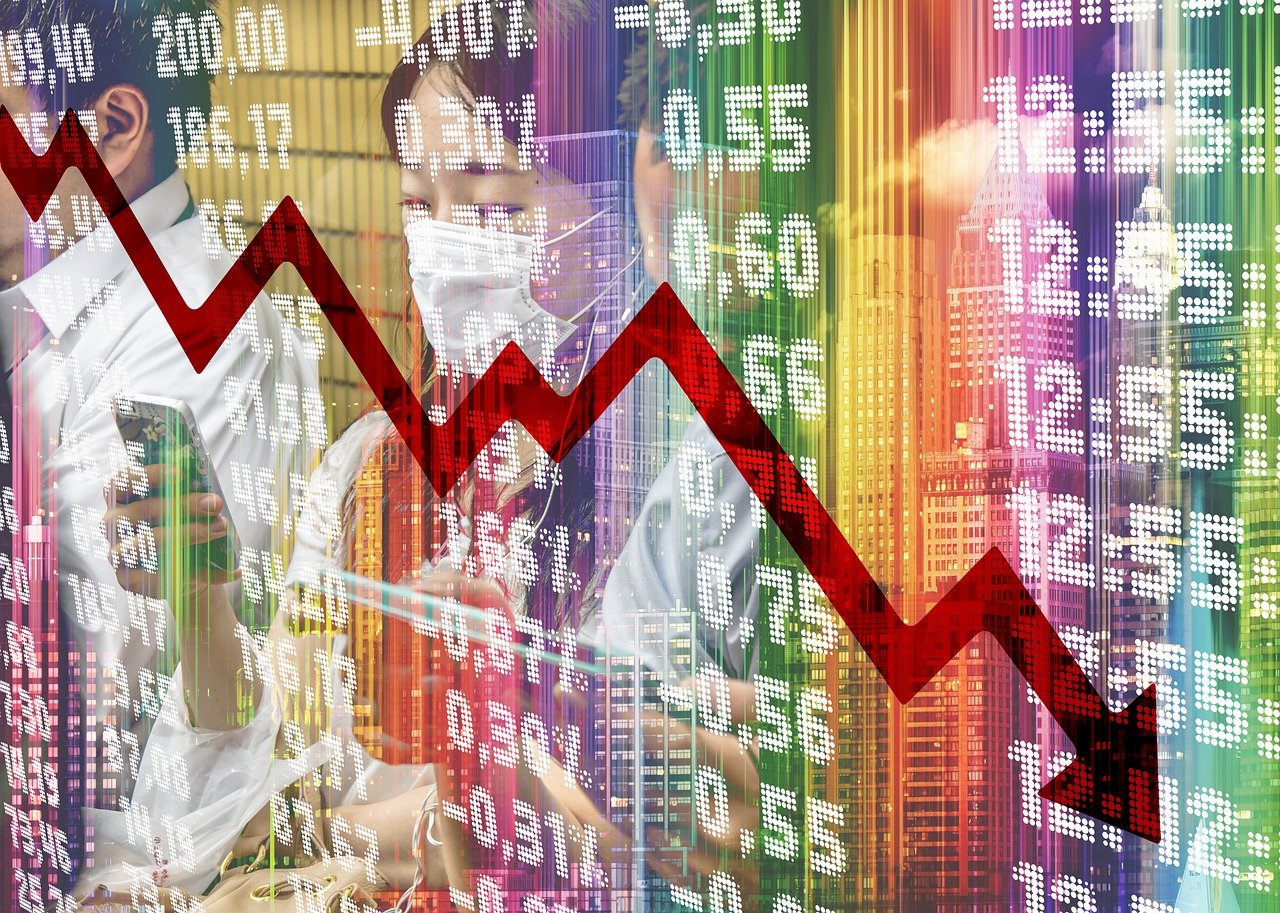Prime Minister Boris Johnson has put the UK on lockdown in face of the coronavirus outbreak.
What does a lockdown mean for the capital? Across the world, countries and cities have been taking strong action to stop the spread of Covid-19:
China (3,270 deaths, 81,000 confirmed cases)
The coronavirus pandemic started in the central Chinese city of Wuhan – and on 23 January, officials ordered an extreme lockdown.
All travel in and out of the city was halted, and private vehicles were banned from the streets.
Residents were only allowed to leave the house to buy groceries or get medical help. Schools and businesses were shut.
In some cases security guards checked entry and exit from buildings, and enforcers patrolled the streets.
And volunteers went door-to-door to check the temperature of residents – those with fevers were sent to quarantine centres.
Wuhan is now relaxing some restrictions, as the number of new coronavirus cases in China fell to just 39 today.
Officials said on Sunday that workers who did not have a temperature could return to work, and some travel in and out of the city will now begin again.
USA (458 deaths, 35,000 confirmed cases)
California has taken the most extreme action of any US state to fight the spread of coronavirus.
On 19 March, Governor Gavin Newsom ordered all 40 million Californians to stay at home, except for essential trips. Restaurants and bars and schools had already been closed.
In the San Francisco area, there is a shelter-in-place order, ordering all residents to stay indoors and away from others for three weeks, with all non-essential businesses shut.
NOW READ: Coronavirus threat puts the UK on lockdown
Italy (5,476 deaths, 59,000 confirmed cases)
Italy entered lockdown on March 10, with all citizens banned from leaving the house except for essential trips.
People need an approved reason – such as essential business or family matters – to travel in and out of the country.
The Government introduced new restrictions over the weekend, as the country’s death toll continued to climb.
All non-essential shops have now been ordered to close – supermarkets, pharmacies, banks, and post offices are among the few exceptions. And internal travel between regions has been banned.
If you don’t have a valid reason to be outdoors, and a signed form, you could face a fine of up to €206 euros or up to three months in jail.
France (674 deaths, 16,000 confirmed cases)
French President Emmanuel Macron ordered national lockdown on March 19, after French citizens failed to follow Government advice on social distancing.
Residents can now only leave the house to work if they are key workers, to care for relatives or neighbours, to go to the doctor, buy food, or exercise in their own neighbourhood.
All non-essential businesses in the country have been closed. In Paris, public parks have been shut, and in several areas people have been banned from beaches and mountains.
Police can fine the public €135 to €3,700 for breaking the rules, and repeated breaches could mean up to six months in prison.
Data accurate as of 23 March.








